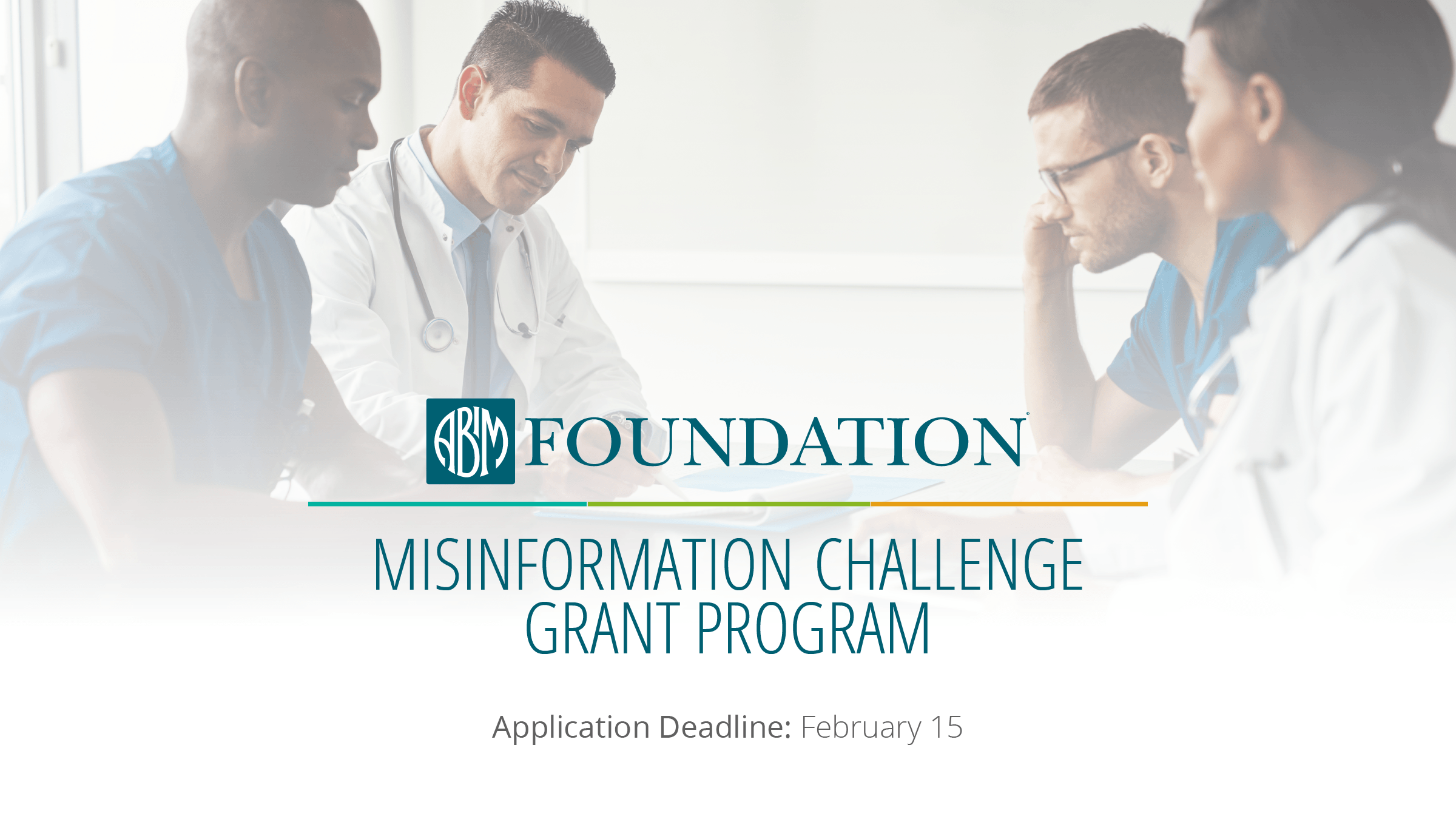My one-year old grandson has a “lip tie.” His mother is a Black registered nurse who provides home care. My son is a laborer.
After a visit to a pediatrician in mid-June 2021, my son called and shared with me that when my grandson was examined, the pediatrician confirmed that indeed it was a lip tie. A lip tie can make nursing challenging and create issues with weight gain in newborn babies. This condition is not hard to spot and is simple to treat with the help of a pediatrician and lactation consultant. The pediatrician’s advice was to leave it alone and that most likely my grandson would “fall on his face” at some point and the trauma would tear the lip tie free. My son and his partner, angry and in tears, said they would never return to that doctor. Young Black adults, ages 18-39 years old, have the lowest levels of trust for doctors and hospitals.
Caregivers must become more competent in collaborating with all people receiving care, especially historically marginalized populations. They must develop responses to vulnerability, rather than assuming the care teams alone have the answers, and they must be aware of interpersonal privilege and power hierarchies. Caregivers and care teams have to learn to recognize power hierarchies, practice humility, work to close the power distance where they can, and use their status for good where appropriate and possible. These things build trust.
The health care community can commit to removing barriers and building trust by taking these steps:
- Share power with all people of color and elevate their voices and concerns.
- Educate yourself about racism (interpersonal, institutional, structural), understand it and join in the work to dismantle it.
- Set out on a personal journey to reflect on your own privilege.
- Acknowledge that you will never fully understand the lived experiences of people of color, but that you can respect and value that experience.
- Acknowledge the injustice of both the past and the present.
- Take action to help repair and heal our systems and communities by using your power in your sphere of influence to advance equity.
Trust, once lost, takes time and significant effort to rebuild. We must commit to earning trust every day through action and changed behavior. Showing love, apologizing and seeking reconciliation are keys to restoring trust.
With the removal of these barriers, better ability would enter health and healthcare services. The industry would become more honorable, more endurable and more attractive to people of color, who we sometimes forget are also human beings, and naturally wish to live the lives of human beings (adapted from W. E. B. Du Bois, 1899).
We will breathe again, a collective breath of justice, equity and liberation.
Dr. Ronald Wyatt is Vice President and Patient Safety Officer with MCIC Vermont, a major medical malpractice company. He is an internationally known patient safety and health equity subject matter expert and is faculty on the IHI Pursuing Equity Initiative and the ACGME Equity Matters Initiative.


